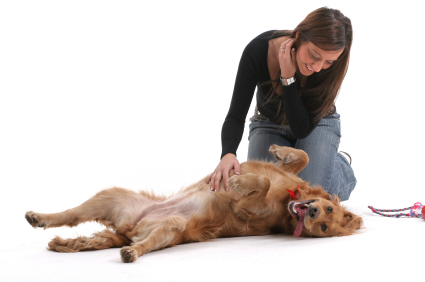 What are mammary gland tumours?
What are mammary gland tumours?
Mammary glands are the milk-producing glands of female mammals. Humans and companion animals alike can suffer from mammary gland tumours, also known as breast cancer. It is a shock to learn that dogs, cats, and other domestic pets can get breast cancer.
Are they common?
Mammary gland tumours are the most common tumour in female dogs and the third most common tumour in female cats. This is a scary thought, but it’s important to understand that not all mammary tumours are cancerous.
How are they diagnosed?
If a lump is detected, it’s advised that your veterinarian examine your pet and take a sample of the lump. Taking a sample of a lump on a pet is as easy as putting a needle into it to collect a few cells which is known as a ‘fine needle aspirate’. It’s sometimes necessary to take a piece of lump under anaesthetic, which is called a biopsy. These samples are then examined in a laboratory to determine if the lump/mammary tumour is cancerous or not. Once the results have been confirmed your veterinarian would then advise the best treatment plan for your pet.
How do I reduce the risk for my pet?
Fortunately, for our companion animals there are precautions that we can take to reduce the risk of mammary gland tumours. The most important precaution of all is to have your pet desexed at the recommended age of five to six months old.
Become familiar with your pets body and check them on a regular basis. You can check your pet by running your fingers through their coat, lightly starting with the head, back, sides, down the legs, chest and the belly. If you feel something unusual, notice a new lump or notice a lump has changed in size and shape we recommend that you have it looked at by your local Greencross Vet.
Click here to learn more about mammary cancer and other lumps that you should be mindful of when it comes to your pet’s health. If you do find a lump on your pet, book them in for a checkup at your local Greencross Vets. It’s always better to be safe than sorry.

 Greencross Vets
Greencross Vets 





